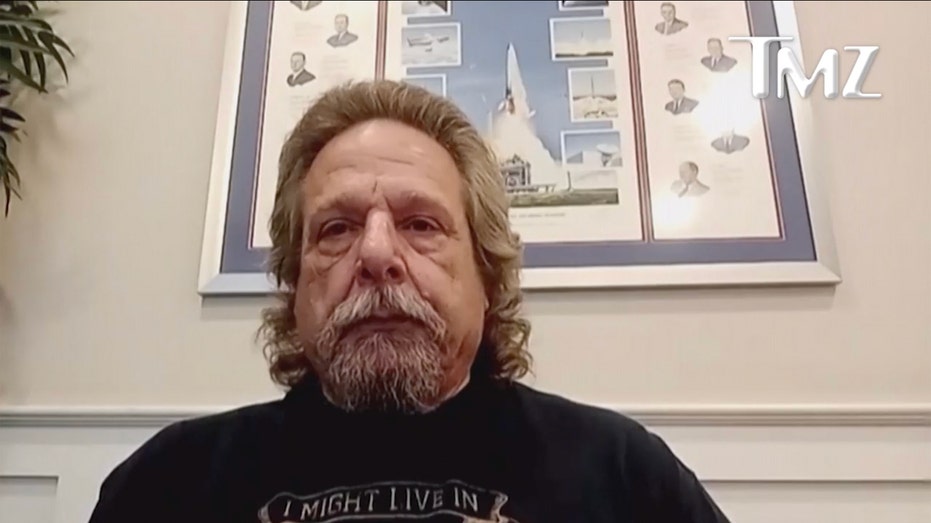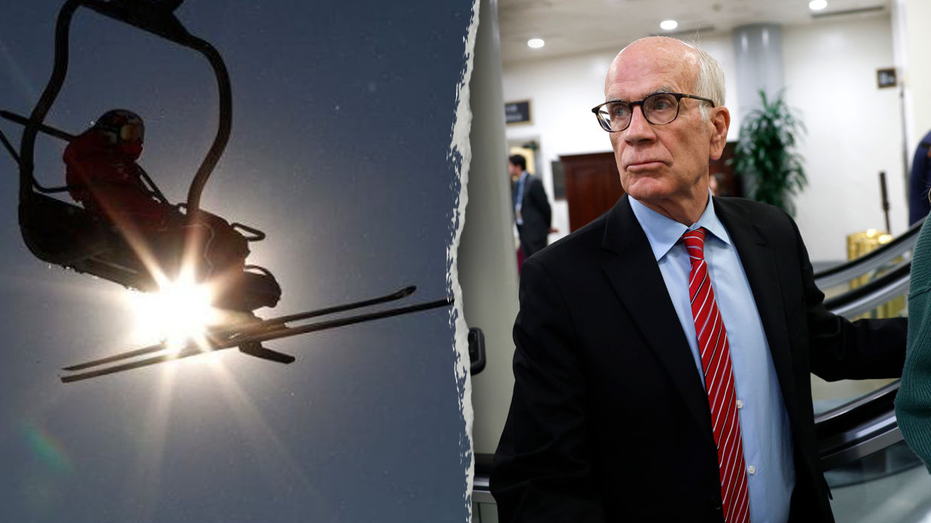Boeing Whistleblower’s Tragic Suicide Sparks Lawsuit Over Toxic Work Culture

Sarah Johnson
March 21, 2025
Brief
The family of Boeing whistleblower John Barnett files a wrongful death lawsuit, alleging toxic workplace culture, retaliation, and safety violations contributed to his suicide.
If you or someone you know is struggling with thoughts of suicide, please contact the Suicide and Crisis Lifeline by dialing 988.
The family of John Barnett, a Boeing whistleblower who tragically died by suicide last March, has filed a wrongful death lawsuit against the aviation giant, accusing it of maintaining a toxic workplace culture and retaliating against employees who speak out.
John Barnett, a former employee of Boeing, was found dead in his truck outside a South Carolina hotel after testifying in a deposition regarding his whistleblower complaint. According to the lawsuit filed in U.S. District Court in South Carolina, Barnett faced relentless harassment and intimidation from Boeing management after he raised concerns about safety violations and defective documentation in aircraft production.
The lawsuit alleges that Boeing fostered a "deep-rooted culture of concealing defects and safety violations" and targeted employees like Barnett who tried to adhere to safety protocols and regulations. The complaint states that management pressured Barnett to overlook defects and avoid documenting issues that could delay production. When he refused, the harassment escalated to an alarming degree.
One chilling example cited in the lawsuit involves Barnett’s senior manager allegedly calling him 19 times in one day and another 21 times over an eight-hour period, saying, "I'm going to push you until you break." This kind of aggressive behavior paints a stark picture of the environment Barnett endured.
In correspondence dated February 2021, Barnett described his struggle to regain peace of mind after years of professional torment, writing, "I used to be a very happy-go-lucky guy who loved his job, his company, and the products they built. Boeing has absolutely destroyed my outlook on life." Tragically, his mental health deteriorated, leading to diagnoses of PTSD, depression, and anxiety.
Before his death, Barnett left a suicide note expressing his anguish and frustrations not only with Boeing but with the broader system for whistleblower protection, which he described as "f---ed up." His final words were both heartbreaking and scathing, calling for accountability and justice.
While Boeing has yet to comment on the lawsuit, the timing couldn’t be worse for the company. Earlier this year, Barnett voiced concerns about Boeing’s quick return of its 737 Max 9 jets to service following safety incidents, including one where an Alaska Airlines jet's door panel blew off mid-flight. Meanwhile, Boeing CEO Dave Calhoun announced he would be stepping down by the end of the year amid ongoing challenges facing the company.
Barnett’s case underscores the risks whistleblowers face in corporate environments and raises serious questions about the safety culture within one of the world’s largest aviation firms. It’s a tragic reminder of the human toll that can follow when integrity clashes with corporate priorities.
Topics
Editor's Comments
This story is a heartbreaking reminder of the immense personal cost whistleblowers often pay for doing the right thing. Barnett’s case highlights the glaring need for stronger systems to protect those who stand up against corporate wrongdoings. And let’s not ignore the irony of a company dedicated to 'safety in the skies' allegedly fostering a toxic culture on the ground.
Like this article? Share it with your friends!
If you find this article interesting, feel free to share it with your friends!
Thank you for your support! Sharing is the greatest encouragement for us.



